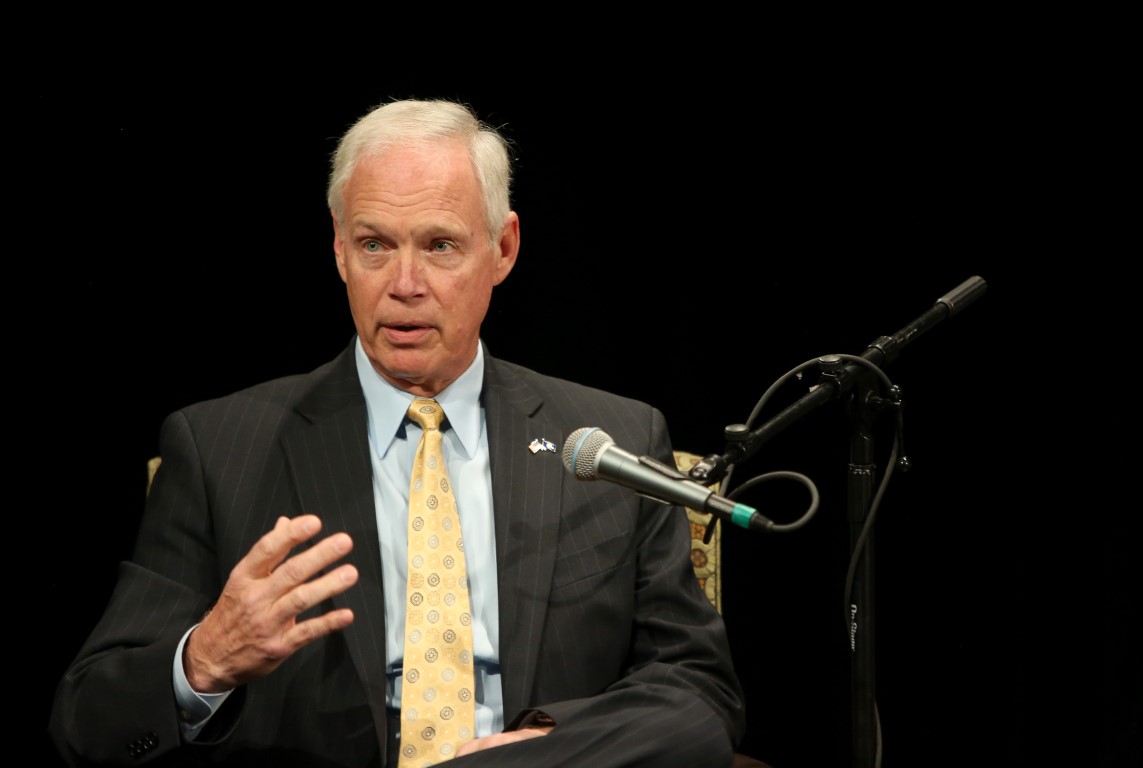GOP U.S. Sen. Ron Johnson, considered one of the most vulnerable incumbents in the country, on Sunday formally announced he would seek reelection to "continue to fight for freedom in the public realm."
Johnson, R-Oshkosh, vowed before his 2016 reelection that he wouldn't seek a third term. But he hedged on that promise after Dems won full control of Washington, D.C., in the 2020 elections.
Johnson...
Please log in to access subscriber content.
If you don't have a subscription, please contact schmies@wispolitics.com for subscription options on the WisPolitics-State Affairs platform, which is the new home for WisPolitics subscriber products.


